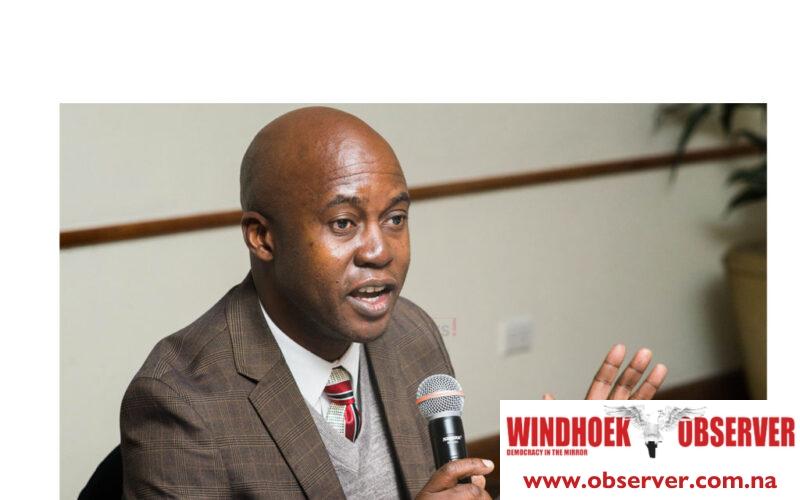Niël Terblanché
The heads of anti-corruption agencies across the Southern African Development Community (SADC) region converged in Swakopmund for a critical three-day workshop.
The event will be spearheaded by Thom Shamakamba, the newly appointed Chairperson of the SADC Anti-Corruption Committee.
Assuming the position from Paulus Noah, Director General for the Anti-Corruption Commission of Namibia, Shamakamba commended his predecessor for his leadership.
He also lauded the Republic of Namibia, represented by the Governor of the Erongo Region, Neville Andre, for their hospitality.
The workshop, in its second iteration, will focus on galvanizing joint efforts against corruption, which plagues the region by undermining democracy, the rule of law, and public trust in state institutions.
The initiative also aims to counteract economic hindrances, especially in light of challenges brought forth by the Covid-19 pandemic, the war in Ukraine, the cost-of-living crisis, and national debt crises.
During the official opening address The Governor of the Erongo Region, Neville Andre stressed the value Namibia places on SADC programs, especially those that confront corruption.
He added that corruption is a “cross-border crime,” and he accentuated its detrimental effects on economic development, public trust, and democracy.
Namibia has been proactive, enacting a slew of legislation targeting corrupt practices, illicit financial flows, and organized crime.
The Anti-Corruption Act of 2003, for instance, founded the Anti-Corruption Commission of Namibia with a mandate to investigate allegations of corruption and engage with appropriate authorities worldwide.
Additionally, the Prevention of Organized Crime Act No. 29 of 2004 and the Financial Intelligence Act No. 3 of 2007 have been amended this year, bolstering the country’s arsenal against corruption and illicit financial activities. Governor Andre acknowledged the role of the judiciary in the fight against corruption, noting the importance of having judges “of impeccable integrity.”
Stressing Africa’s significant losses through illicit financial flows, Andre cited a report by former South African President, Thabo Mbeki, estimating the continent’s annual loss to exceed US$50 billion. The workshop also saw commendations extended to the German Government, the EU, GIZ, the Norwegian Government, and other partners like UNODC, AUABC, and the Basel Institute on Governance for their roles in combatting corruption in the region.
Concluding their opening remarks, both leaders expressed optimism for the outcomes of the workshop, emphasizing the need for informed resolutions that further the regional anti-corruption agenda.




